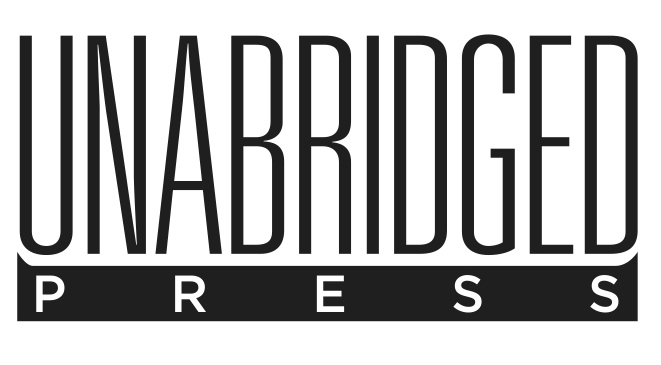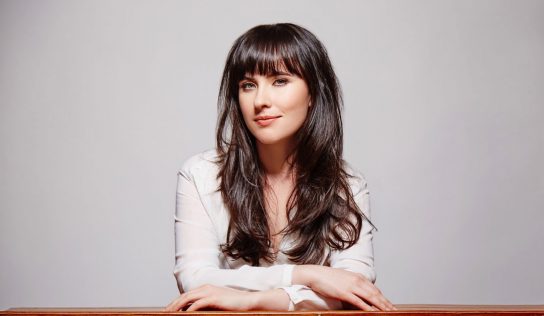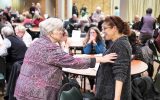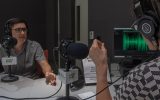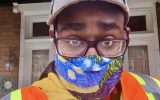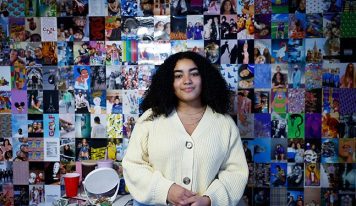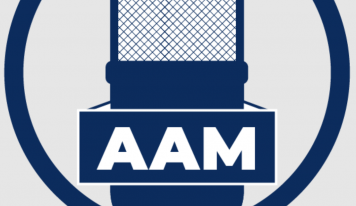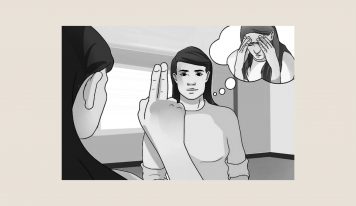By K. Gerard Painter for Unabridged Press
What’s the most effective way for veterans to share their stories so that the public can understand the realities of war?
A recent roundtable that included news reporters and veterans considered how news reporting on veterans and war, books, podcasts and poetry can communicate veteran stories. The conversation was filmed at the Center for Media Innovation at Point Park University.
Author Carmen Gentile has worked on podcasts with Veteran’s Breakfast Club, which include Longest War: The Post-9/11 Veterans Podcast. The Veterans Breakfast Club also holds events for veterans to tell their stories. The events attract hundreds of people who want to listen. The club’s surveys show that 95% of veterans attending reported “a healing benefit” from storytelling events.
Gentile wrote “Blindsided By The Taliban,” about his experience reporting, and being injured in Afghanistan. He is also an Editor-at-Large for Pittsburgh’s Postindustrial Media.
The Veterans Breakfast Club, he says, seeks “to tell the stories of veterans going all the way back to World War II and the Global War on Terror veterans to talk about their experiences and to try to share those not just within their community, but to get outside that community, outside that veteran bubble, to let people know that this very small percentage of a warrior class that we have in America is also an integral part of society.”
CBS Producer and Military Veterans in Journalism founder Russell Midori stressed the importance of media outlets seeking out veterans for their teams.
“Honestly, these veterans who don’t go to work in journalism because it’s too hard to break into the industry–they end up getting great jobs all over the place and they get paid much better,” Midori said. “This is a diversity issue that that companies–that companies should be looking at and how they can improve their own diversity perspectives. And I think it starts with even them just saying, ‘How many veterans work on your staff? We don’t–nobody even says that. We don’t have any data for that.”
During the discussion, Quil Lawrence, author and National Public Radio war correspondent, touched on the notions of the now decades-long American wars and the effects they’re having on the world at large.
“What do we owe these people whose country we invaded and occupied, or what do we owe our own soldiers? Lawrence said. “And do our citizens have an idea about why we’re there, what the mission is, when we will have met that goal?”
Veteran Sean Tyler told the group about using poetry to convey some of his trials after his time as an active duty soldier.
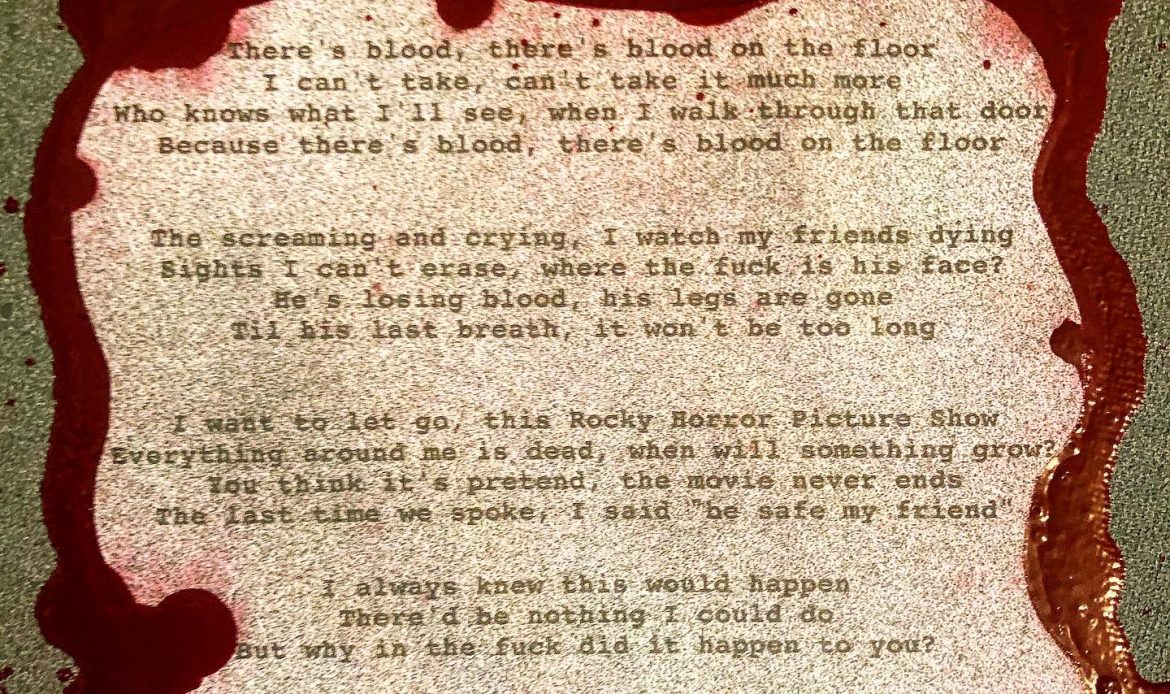
“There’s blood, there’s blood on the floor. I can’t take much more. Who knows what I’ll see when I walk through that door? Because there’s blood, there’s blood on the floor. The screaming and crying. I watched my friends dying. Sights I can’t erase. Where the fuck is his face? He’s losing blood. His legs are gone. Till his last breath. It won’t be too long.”
This event was part of The All-Abilities Media Project, a collaboration between Unabridged Press and the Center for Media Innovation at Point Park University in downtown Pittsburgh. The work is supported by the FISA Foundation.
